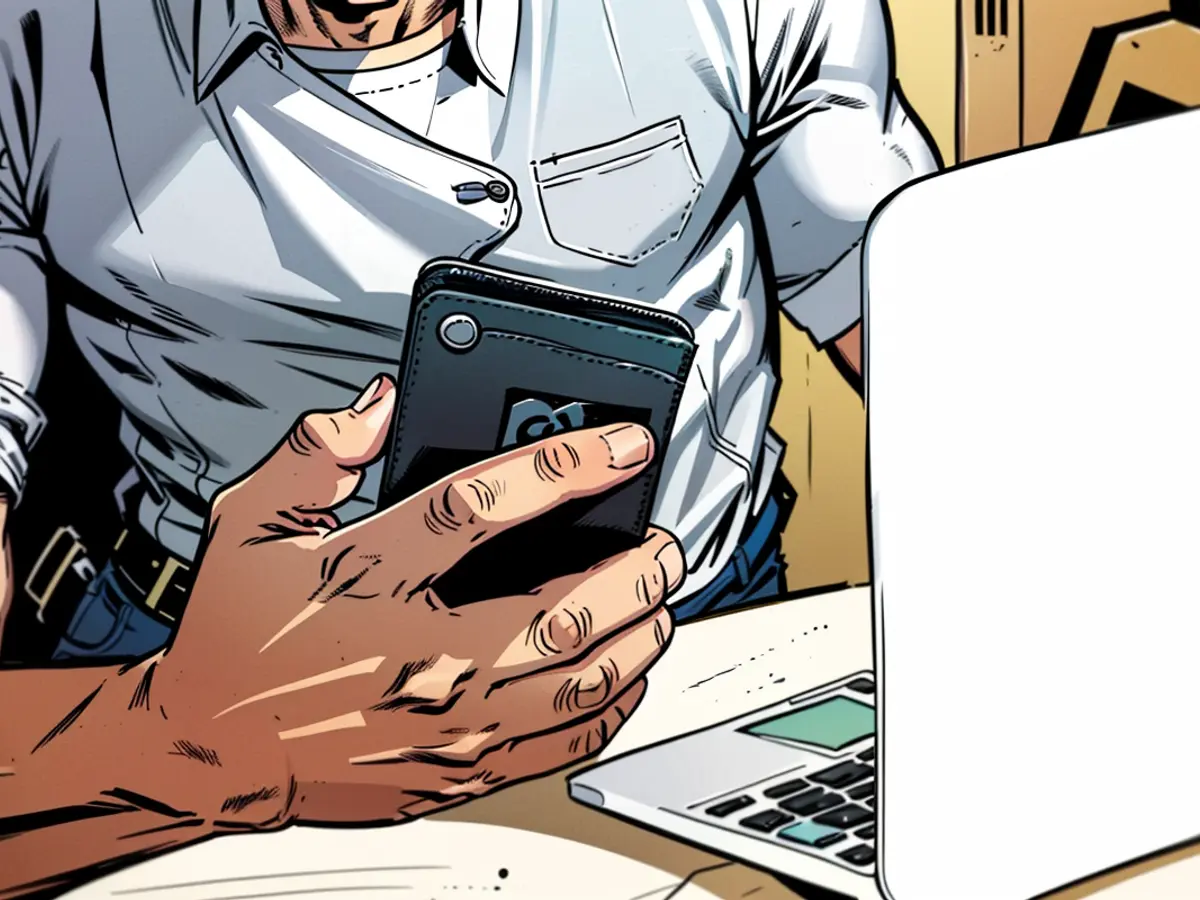Understanding the risks associated with internet banking?
Navigating online banking is a normal part of our lives these days, but it also opens up opportunities for dishonest individuals to swindle you. One of the strategies used by tricksters to obtain your precious banking information is by constructing bogus banking sites that closely resemble the genuine ones.
Scammers might lure you to these phony sites through SMS messages, emails, or even physical letters containing QR codes. If you input your login credentials or credit card details into these sites, they're instantly sent to the fraudsters, warns Stiftung Warentest.
The never-ending phishing game
Fraudsters also use phone calls, impersonating bank employees to obtain your private details. They might convey supposed account statements or manipulate your phone's display to display the actual bank number, making the interaction seem more legitimate.
Another technique is taking advantage of video identification procedures. Fraudsters might claim they're testing video identification software with the intention of capturing images of your ID.
Preventing phishing and ID exploitation
To put a stop to these scams, Stiftung Warentest suggests the following measures:
- Instead of clicking on links or scanning QR codes, always manually visit your banking site.
- Carefully inspect websites and letters for spelling mistakes or design flaws.
- Utilize secure devices and maintain up-to-date software that receives periodic security updates.
- Refrain from authorizing transactions you haven't initiated yourself or didn't examine thoroughly.
- Always inquire about the reason for using your ID documents and be cautious before handing them over.
If you've succumbed to a phishing attack
If you've been duped, the first action to take is to block your account or credit card. In Germany, you can do this by contacting the emergency hotline 116 116, or +49 30 4050 4050 if you're traveling abroad. It's crucial to alert your bank as well. Additionally, report the occurrence to the police to enable them to conduct an investigation.
According to Stiftung Warentest, the general consensus is that the banks are culpable if you've been victimized by a scam that could trick anyone. However, if you've blatantly disregarded well-known safety guidelines, you might bear some responsibility for the resulting damages.
The increased use of online banking also makes people more vulnerable to crimes like phishing, where scammers create fake banking sites to steal your information. It's important to be wary of unusual requests for your banking details, even if they come in the form of phone calls claiming to be from your bank.
In some instances, fraudsters may exploit video identification procedures, claiming they're testing software and asking to capture images of your ID. Always be cautious about sharing such sensitive information.







